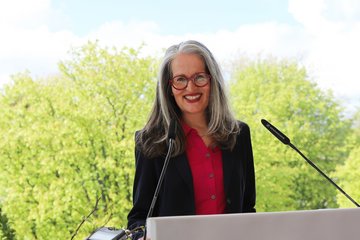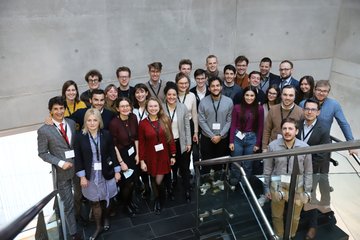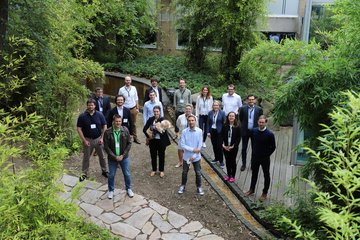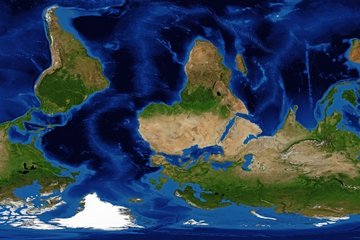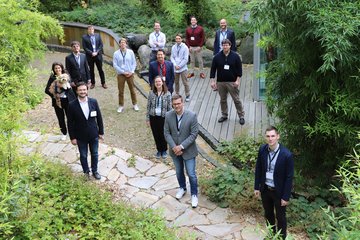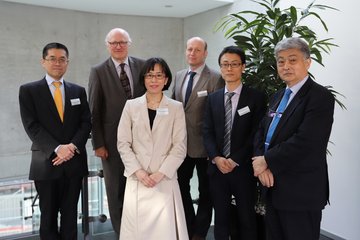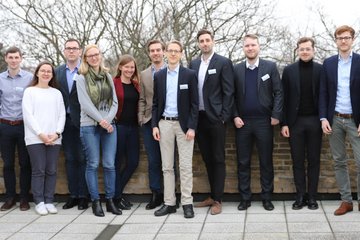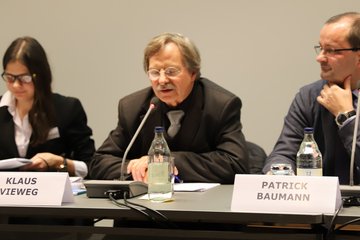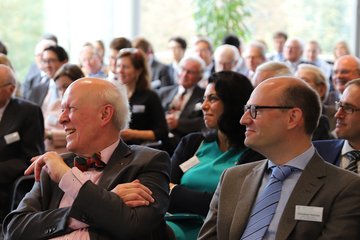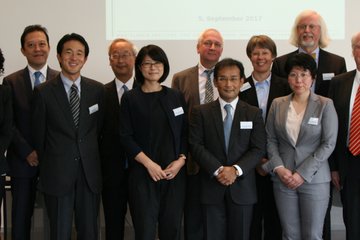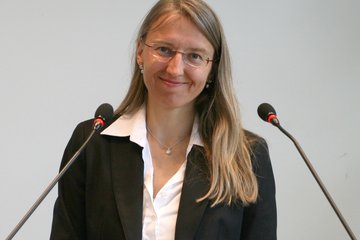PD Dr. Manfred Sing (Universität Freiburg): Islamic Bioethics: Development, Characteristics, Challenges
Afternoon Talk on Islamic Law
- Datum: 06.10.2022
- Uhrzeit: 16:00
- Ort: Hybrid-Veranstaltung
Ein Video des Vortrags finden Sie hier zum Nachstreamen:
PD Dr. Manfred Sing (Universität Freiburg): Islamic Bioethics: Development, Characteristics, Challenges
© Max-Planck-Institut für ausländisches und internationales Privatrecht
About the speaker
PD Dr. Manfred Sing is an associate researcher at the Leibniz Institute for European History in Mainz and a lecturer at the University of Basel. He is currently filling in the professorship for Islamic Studies and the History of Islam at the University in Freiburg. His research focuses on the history of ideas and the intertwining of religious and secular concepts.
About the topic
Since the 1970s, the bioethical field has gradually established itself worldwide as a field of research and practice, with an analogous development towards an institutionalization of bioethical issues in Islamic contexts since the 1980s. Technological change brings about new concepts of life and death, but also leads to moral dilemmas and ethical problems, which in turn are reflected in the development of laws and norms. Dilemmas – and the need for regulation – arise in the application of modern technologies because legal goods that are particularly worthy of protection come into conflict with one another. In this context, the lecture asks about the norm- and law-finding processes in Islamic contexts in the face of such dilemmas and revolves around the question of how conflicting legal goods are weighed and contained by physicians, religious scholars, and jurists. Because of the polyphony of the debate and the different regulations in individual countries, the question also arises as to what is distinctive, i.e. “Islamic,” about Muslim debates on bioethical issues. At the same time, the functioning of the Sharia under modern conditions is also clearly visible, as religious scholars participate in these debates in a central way. The formation of an Islamic bioethics thus represents a special case for the discussion about the encounter of law, modernity, and Islam. Bioethical questions can therefore also be used to discuss what resources the Islamic tradition provides for dealing with modern challenges.
